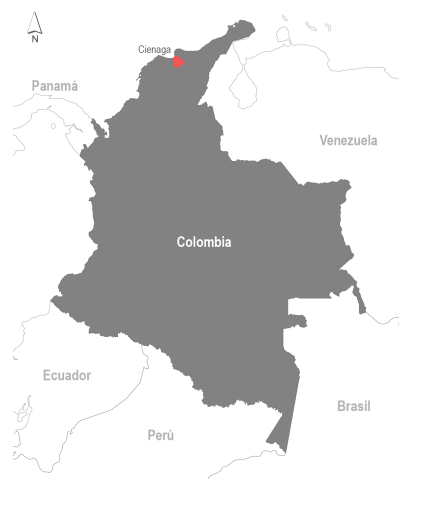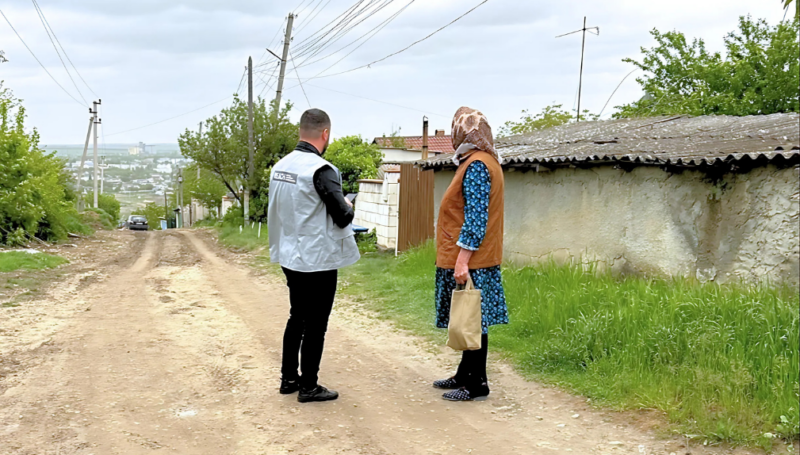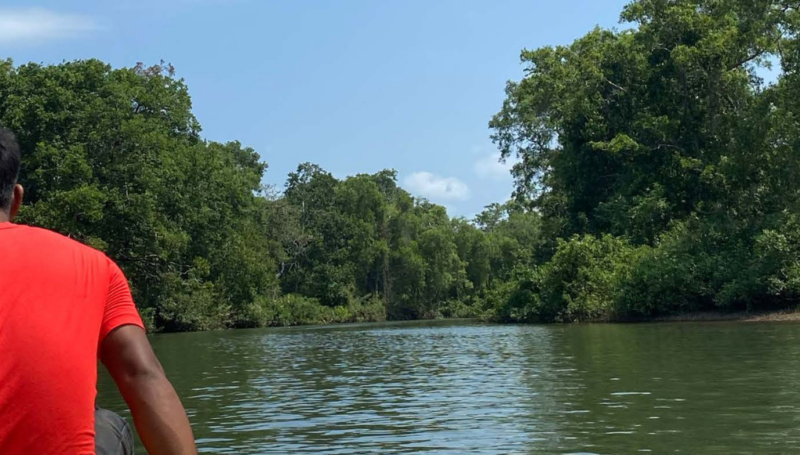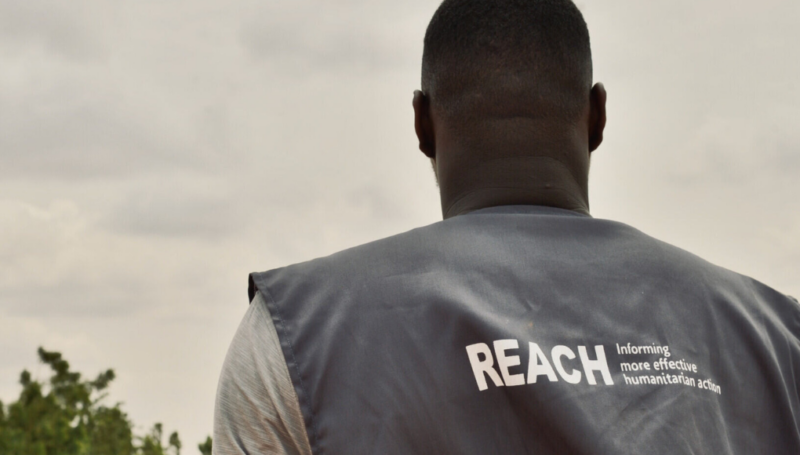Contextualising research to drive local and sustainable change with Area-based assessments (ABA)

Ciénaga, Magdalena, has long been affected by multiple crises. It has been deeply affected by armed conflict and the presence of criminal groups. Internally displaced people (IDPs) have been arriving in Ciénaga since April 2022, and more than 7,800 Venezuelans reside in the municipality. Many have been identified living in informal settlements with inadequate infrastructure that have recently grown. . Extreme weather variability and climate-related disasters, such as La Niña and tropical hurricanes, frequently impact the area.
To shed light on this multi-crisis situation, and to contribute to more informed humanitarian interventions, an Area-Based Assessment (ABA) was implemented. It aimed at improving understanding of living conditions, coping mechanisms and barriers to assistance experienced by those at risk of recurrent flooding in the municipality while promoting sustainable and lasting resilience of the different population groups.
| What is an Area Based Assessment | |
An ABA provides a detailed understanding of the complexities of specific areas, situating multi-sector needs into the wider economic, social, governance, and spatial reality of the community context. Using mixed-methods research and community engagement, these assessments support more localized and context appropriate assistance for affected communities in crisis-affected areas, reflecting affected people’s perceptions and local responders’ and communities’ capacities. | |
Indeed, a mixed-methods participatory approach to primary data collection was used for the ABA in Ciénaga, with local enumerators interviewing the population, as well as surveys and focus-groups with local households, the host population, IDPs, community leaders, as well as Venezuela refugee and the migrant population.
Afterwards, our team travelled to Ciénaga, the municipality capital, to report the findings of the assessment, which were discussed with local community leaders and local and international humanitarian organisations.
A plenary session was conducted to close the feedback loop, ensuring the results were seen by local communities, critically commented upon, so that they could be accurately disseminated, inform an appropriate response, and account for voices that have not been heard. In this plenary session, the participants answered a set of questions aimed at identifying the effectiveness of our research, potential gaps, and establishing a plan of action:
- Did our results identify the problems they perceive?
- Have our conclusions helped them to understand the root of the issues?
- Is our data useful to help them inform their response?
- Which groups could collaborate to solve the humanitarian crisis evaluated, and how?
Some of the main inputs included a concern for underrepresented population groups. Attendees noted the absence of rural
In all sectors, respondents noted the lack of community support mechanisms, such as community kitchens and shelters for people fleeing from floods, which could be a future action points for that group.
When considering the next steps to take, local stakeholders highlighted a variety of local, regional and national entities and humanitarian actors that should coordinate to activate relief routes, provide training and offer the assistance services that affected people require. This included training of community leaders; supporting local government and local services (e.g. the fire brigade, as an organisation that could help to combat flooding) as a way to improve the delivery of humanitarian assistance in Ciénaga. The range of responses could show how it is not clear who is responsible for acting on community needs. This could lead to confusion about the roles of each actor and could inhibit emergency responses.
The localised assessment, and these presentations to the local actors, aimed to support local, regional, and international responders, authorities and communities better understand the multiple humanitarian impacts and difficulties of access to services for Venezuelan refugees and migrants, internally displaced people, as well as the host population located in flood-prone areas of the Ciénaga.
Conducting localised studies such as this ABA, allows to strengthen advocacy efforts regarding an area that has not received sufficient attention in the humanitarian response, and to support local actors in their work to create sustainable and durable solutions.
Check out the key results and community take-aways here.
Access the data here:
Photo credit: Alejandro Arango









